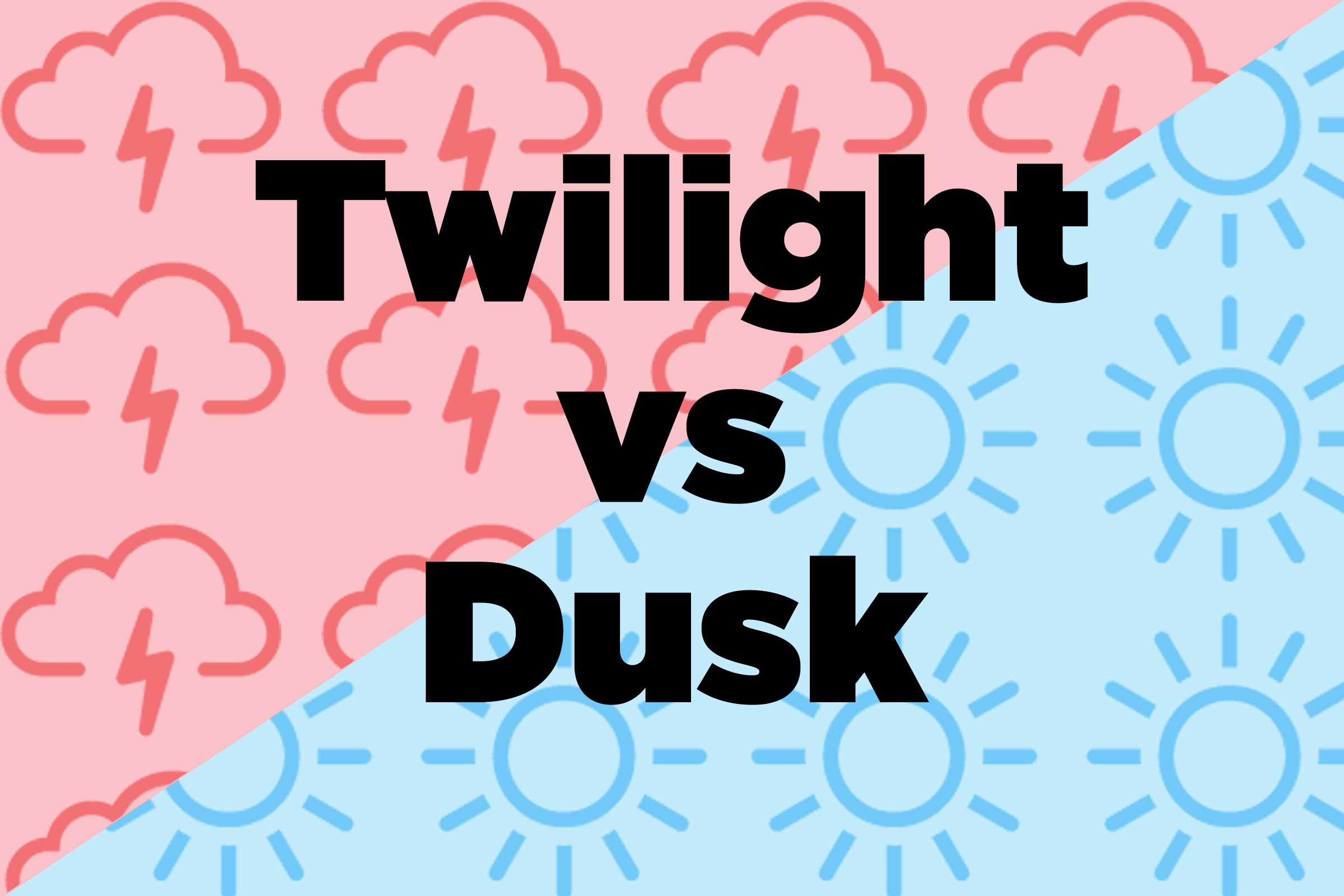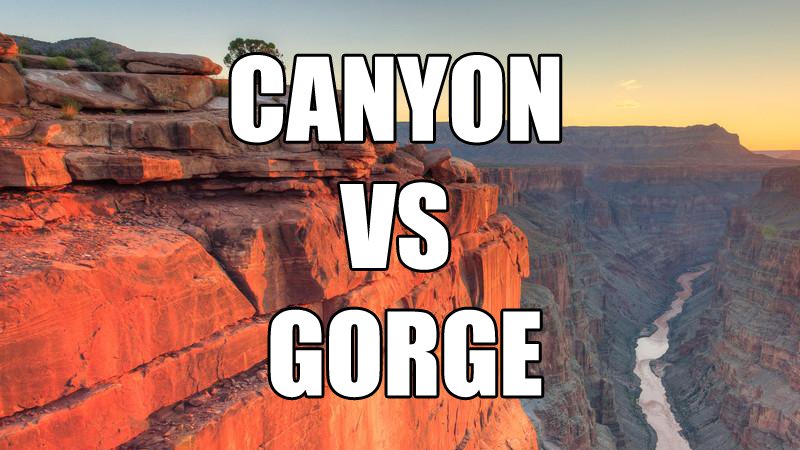English is confusing and further confusing is the correct interpretation at the correct place. So if you’re one of those who scratch their heads every time they get stuck with similar meaning words, then this list will definitely help.

Elevation and altitude Heights of difference
A Pilot says “we are flying at the altitude of 7,000 feet” that means he is describing a point above sea level in the air, but elevation is a mark above sea level on land. Confusing, but true.

Lake and pond Waterbodies, still not the same
These two are the most common words that are misunderstood, they sound the same but they are not. The main dissimilarity between them is that a pond is narrow enough that light breaches all the way to the lowermost point and although it’s said that when a water body is larger than 12 acres, it’s a lake not a pond.

Twilight and dusk Thy are same, but not
Some people think that dusk is a synonym of twilight, but factually it’s not. Dusk occurs once a day that too after sunset and twilight occurs twice every day—earlier to sunrise and then again after sunset.

Weather and climate Big difference I guess?
Weather is a mixture of atmospheric actions that define temperature, precipitation, and moistness. Climate, on the other hand, is a much more comprehensive term. In simple words, climate is an enduring drift, and weather is the disparity across this drift.

Island and continent Not same
Apart from the huge difference in areas there’s an even greater dissimilarity. A continent is a landform composed of low-density rock that “hovers” on top of the Earth’s layer—it is bordered by tectonic plates and has mountain ranges and a plethora of cultures. Oceanic islands are landforms composed of weightier rocks that have mounted somewhat above the sea level.

Canyon and gorge Way different
Both are waterways but canyons have broader, inclined walls, while gorges are much slimmer and sharper.
Author’s Name: Pranay Gautam





